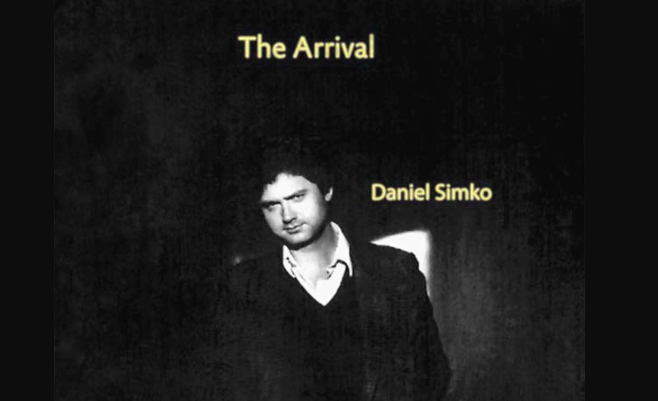The Arrival
by Daniel Simko,
Four Way Books, $15.95 (paper)
In the poems of Daniel Simko, “there is no place to go but home,” though no one—neither poet nor reader—can be certain how to find that place (“As for the address, there is none”). The Arrival is the first and only collection in English of poems by Svetozar Daniel Simko, a Slovak poet and translator who emigrated from Bratislava in 1968 and worked as a librarian at the New York Public Library until his death, at age 45, in 2004. Sadly, frustratingly, each poem you read here diminishes the number of Simko’s poems left for you to read: intimacy with these poems insists, always, on the fact of absence, and this is a book both of and about loss. What remains present is the palpable sense that something—an object, a place, a memory—is just beyond reach, “Clothes once touched hanging over a chair.” In Simko’s poems the city of his childhood is lost, a casualty of history and memory as much as it is of distance, and the language linked to that place suffers the same losses. Language roams as we do, uproots, disobeys, so Simko bets instead on physicality, the proofs of the body, seeking something sure, sense-driven, the mechanics of things: “I have no description, blood keeps time in my wrist.” And so these poems are also concerned with silence, the absence of physicality, “the terrible silence your body would become.” The result is spare, elegant, and chilling: “And if this is a poem about childhood, / then it’s also the darkness within a glove. // Or in a trumpet, that the man playing the circus all night / finally puts down. // He has been unable to push it out. // Until he turns into music.” Just as this poet, now absent, has become poetry that speaks of absence and silence but is itself neither. Such poems travel with us as we seek out our homes.








